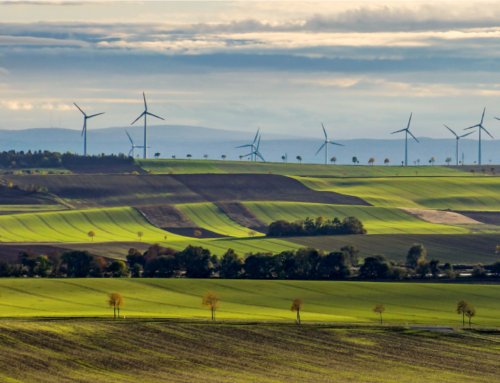Overlooking the Western Balkans in your business thinking is a major mistake

March 26th, 2021
There is a part of continental Europe that is outside the EU and is home to over 20 million people with over 6 million living outside the region. Often overlooked by western Europeans, but rapidly making its mark as not only a tourist destination, but one for business too: welcome to the Western Balkans.
Even the name of the region is a bit disingenuous lumping together a number of different nations and cultures under one broad umbrella. But there is a logic behind it.
The word Balkan is Turkish and means “mountain,” and the region comprises of a large peninsula dominated by this landform, especially in the west.
The Balkan Mountains lie east-west across Bulgaria, the Rhodope Mountains extend along the Greek-Bulgarian border, and the Dinaric range extends down the Adriatic coast to Albania.
Countries in the region of Western Balkans include Albania, Bosnia and Herzegovina, Croatia, Kosovo, Montenegro, North Macedonia and Serbia. While Croatia has been welcomed into the embrace of the EU, the others remain classified as Candidate Countries despite the fact that the Euro is in fact legal tender in Montenegro and Kosovo.
History has not been kind. However, since the collapse of the former Republic of Yugoslavia, these countries have come a long way towards economic stability, improving business infrastructure, making them ideal locations for businesses looking to expand.
Not only is the cost of living low in all these nations, corporation tax rates for business are also highly attractive.
There is a young and well educated, highly skilled labour force in in the region and businesses will discover wage levels are reasonable and there are Free Trade Agreements in place with the EU, EFTA, CEFTA countries and with Turkey and Ukraine.
The European Bank for Reconstruction and Development has also expanded its footprint in the region for example partnering with businesses to help drive growth and economic stability.
Companies looking to start operations in the Western Balkans can also find it offers good infrastructure and positive business-oriented support from the various national governments.
Political stability and falling under broader European and international financial governance also means’ the region is becoming increasingly attractive for businesses looking to expand.
There is no doubt that the pandemic has hit the nations of the Western Balkans hard, just as it has done across the world. But with EU accession plans well advanced, major investments in place to improve infrastructure and education, and a dynamic young population keen to engage with the rest of the world, now is the time to take another look at this part of Europe.











